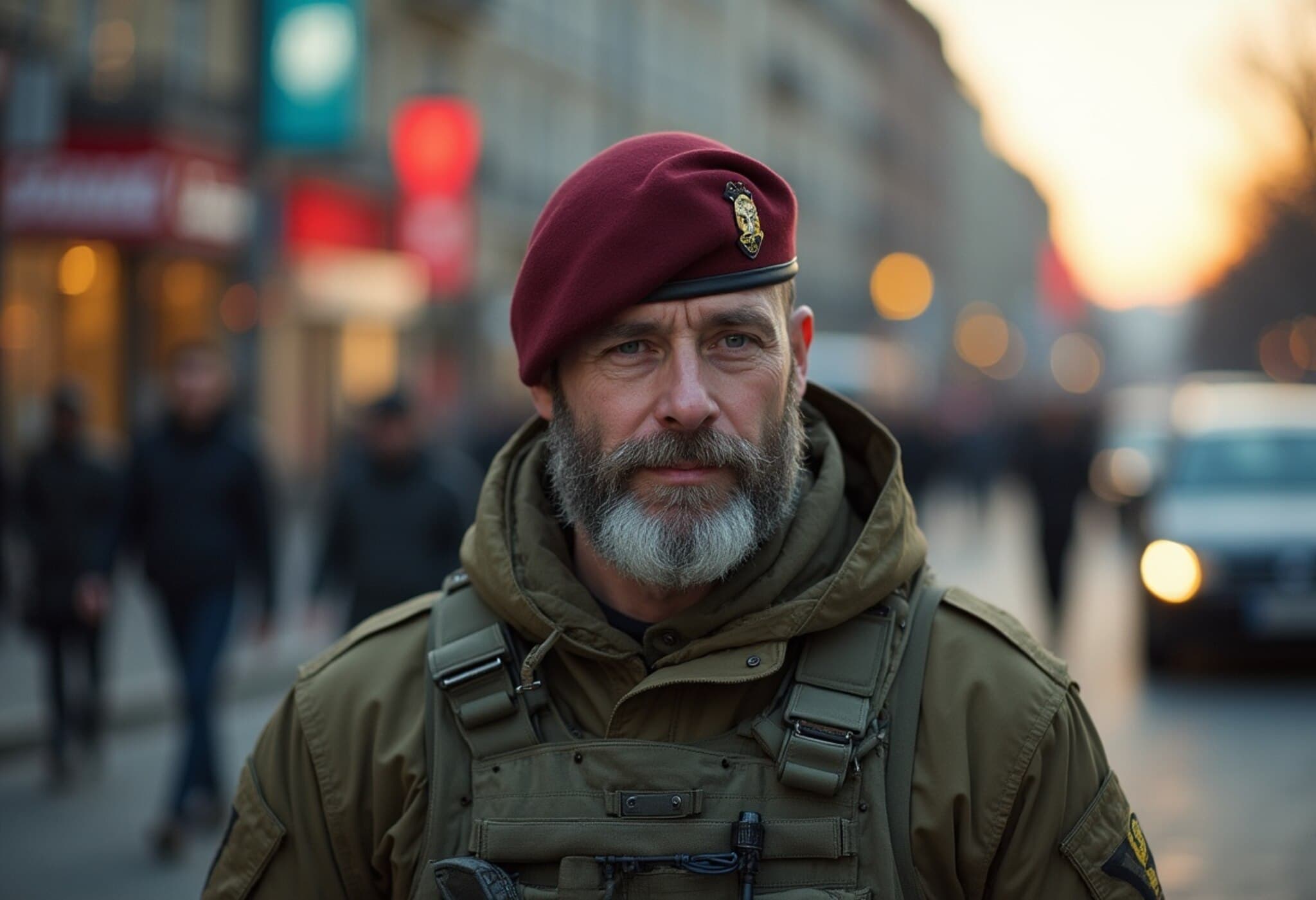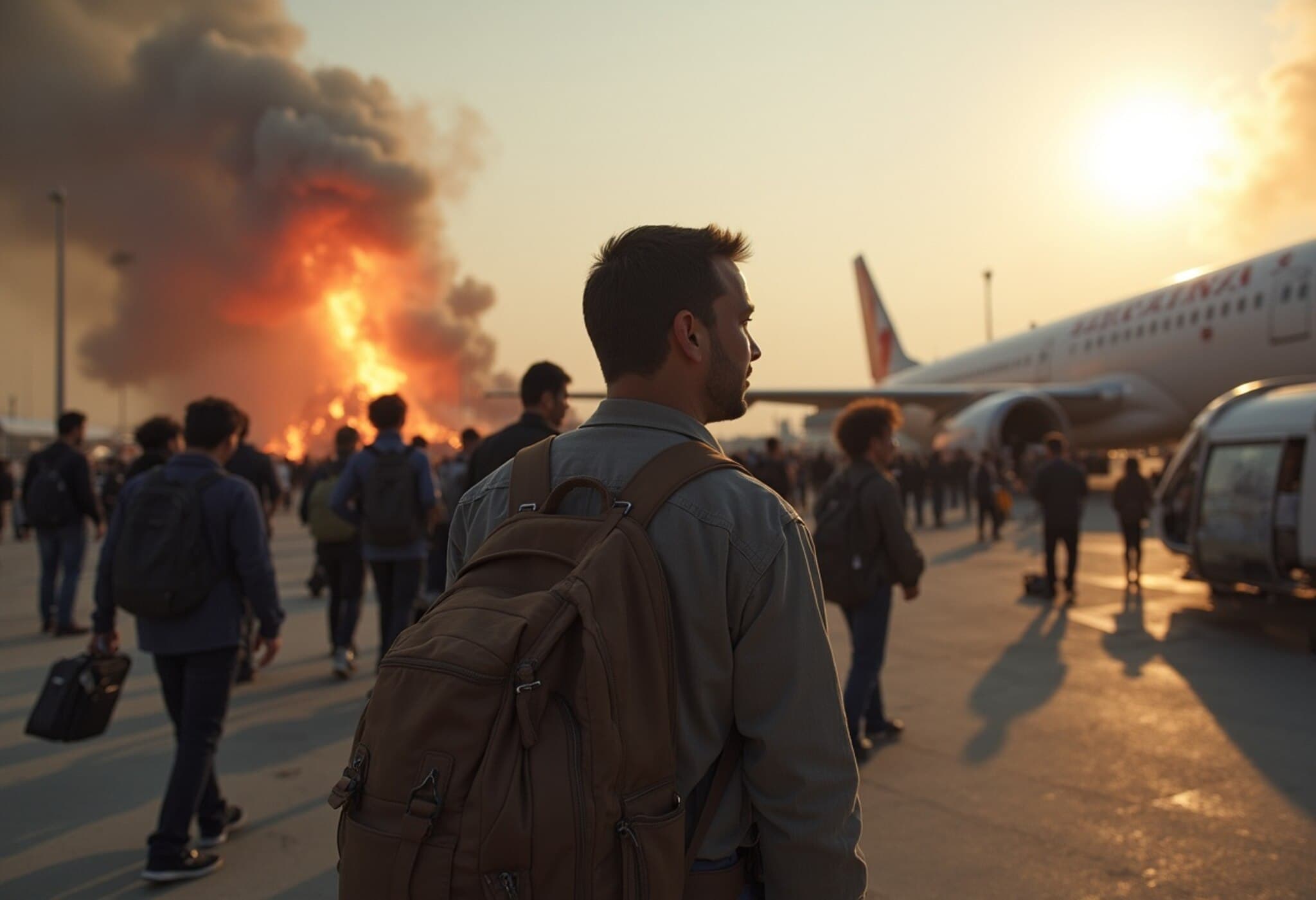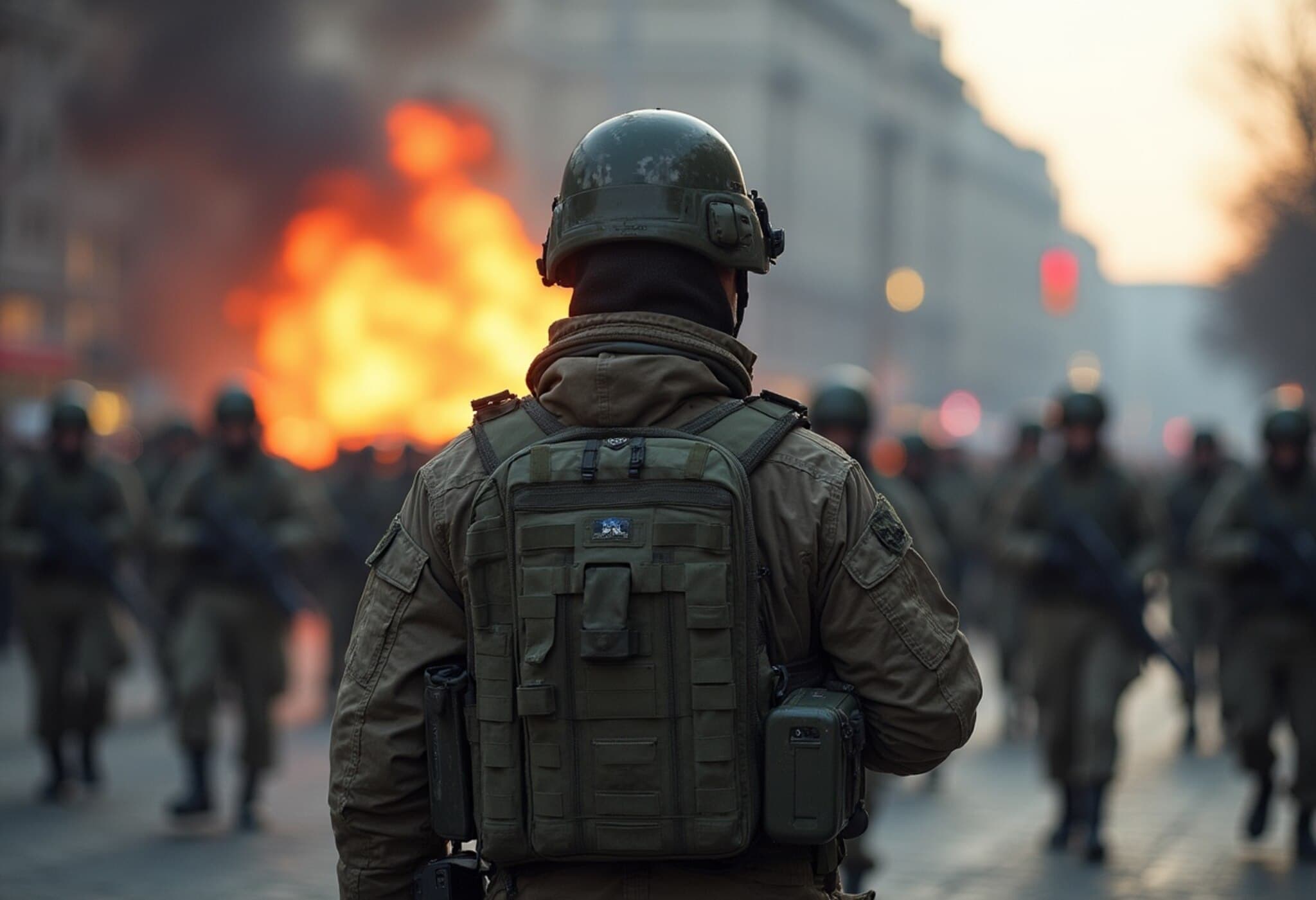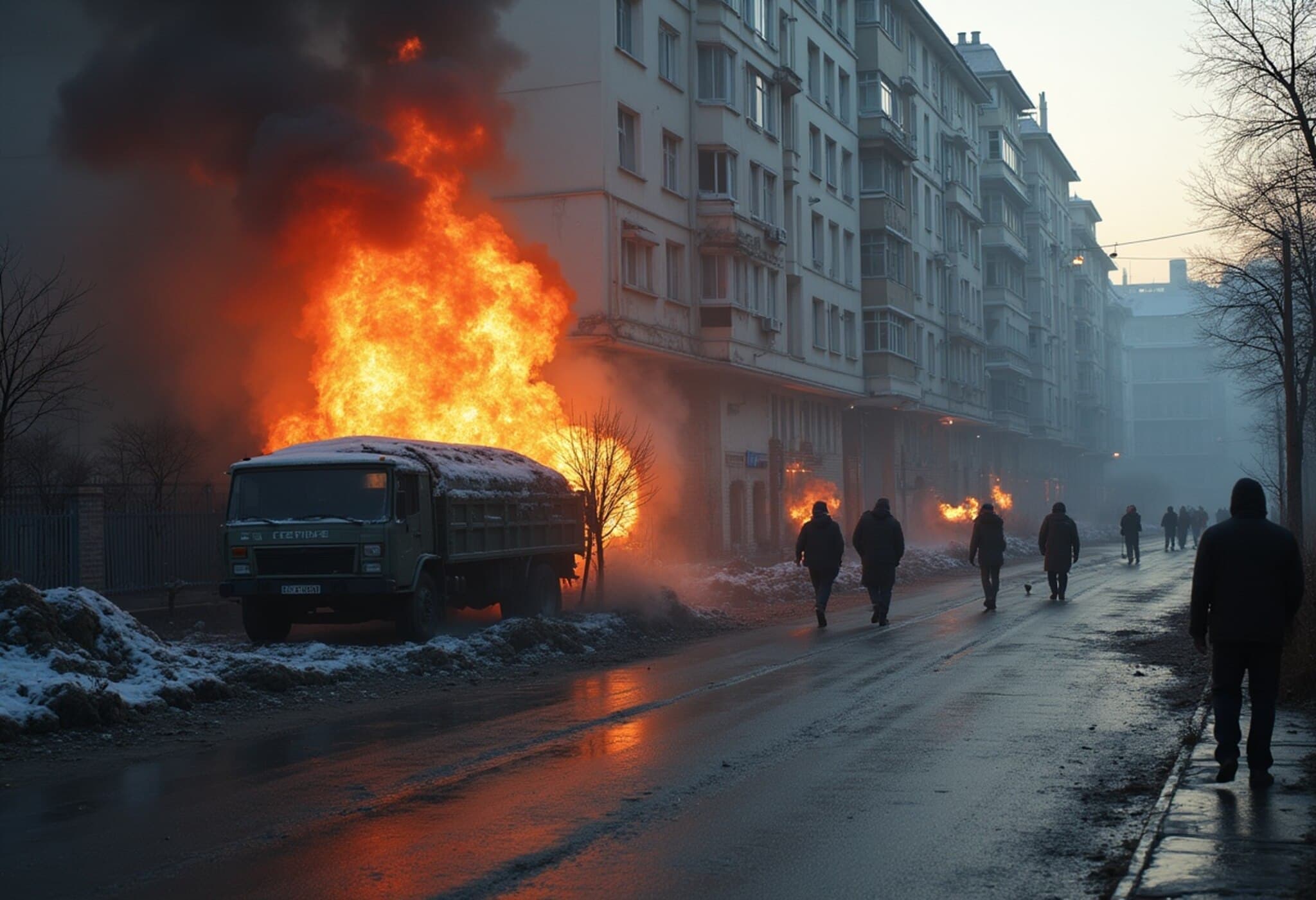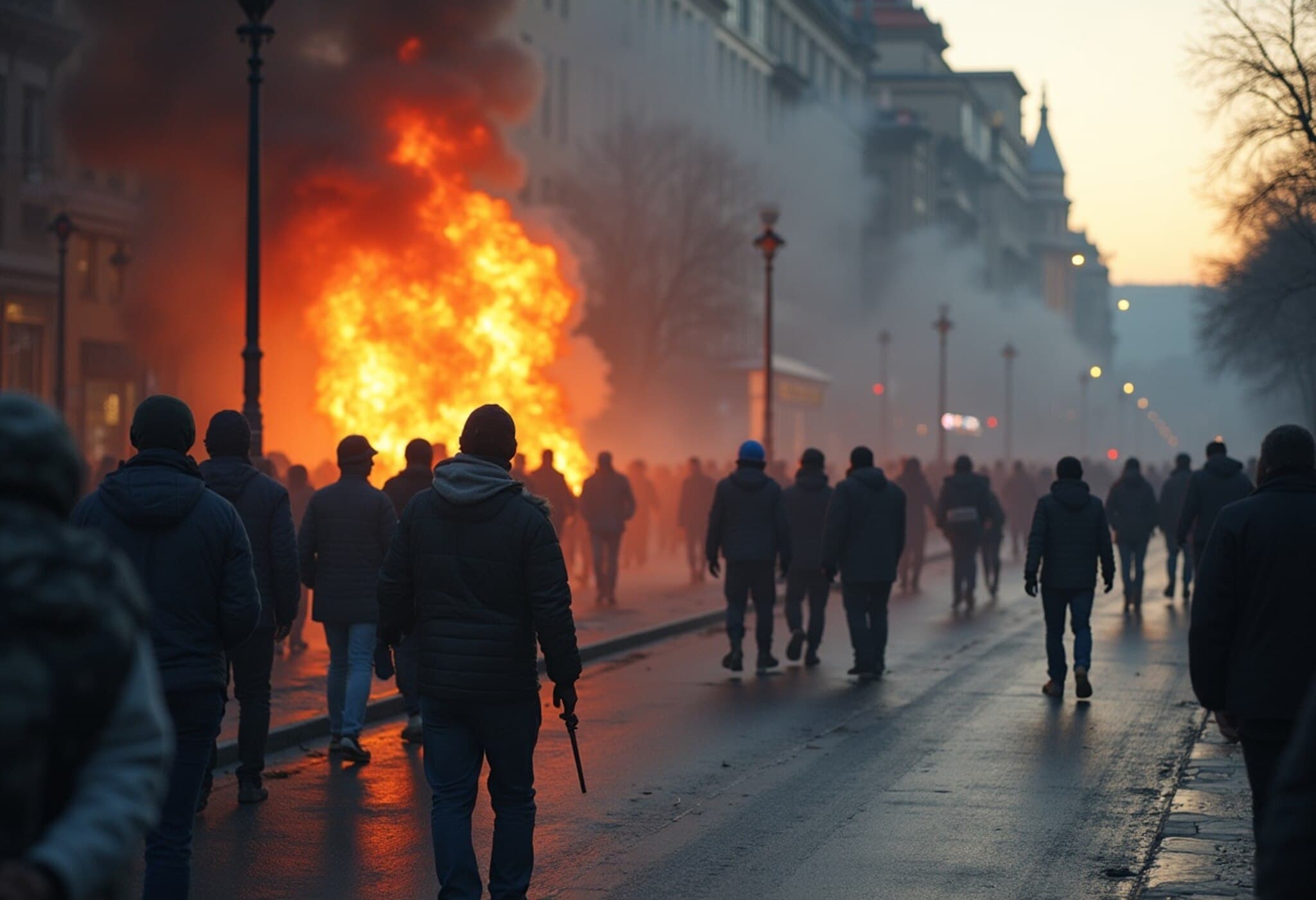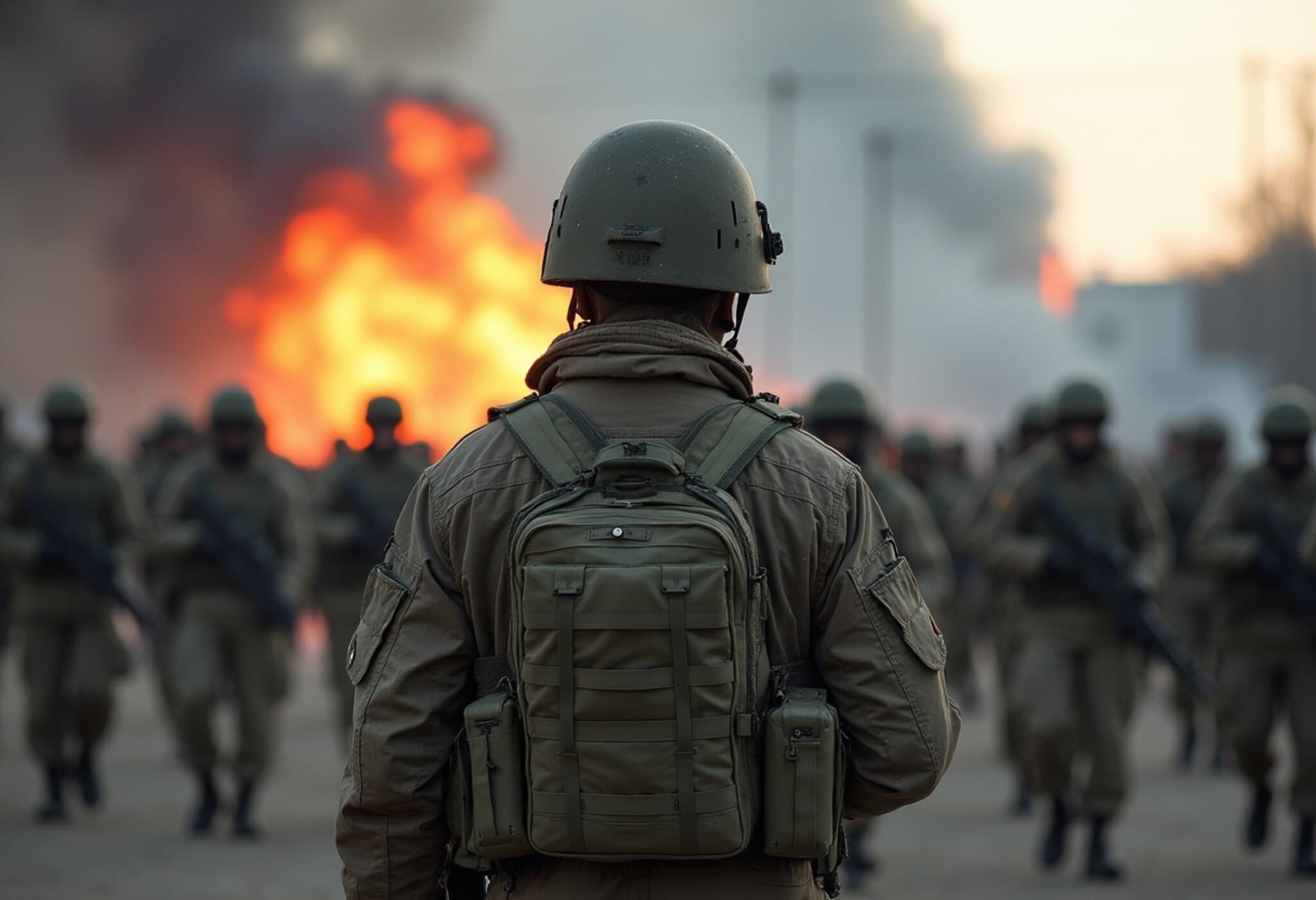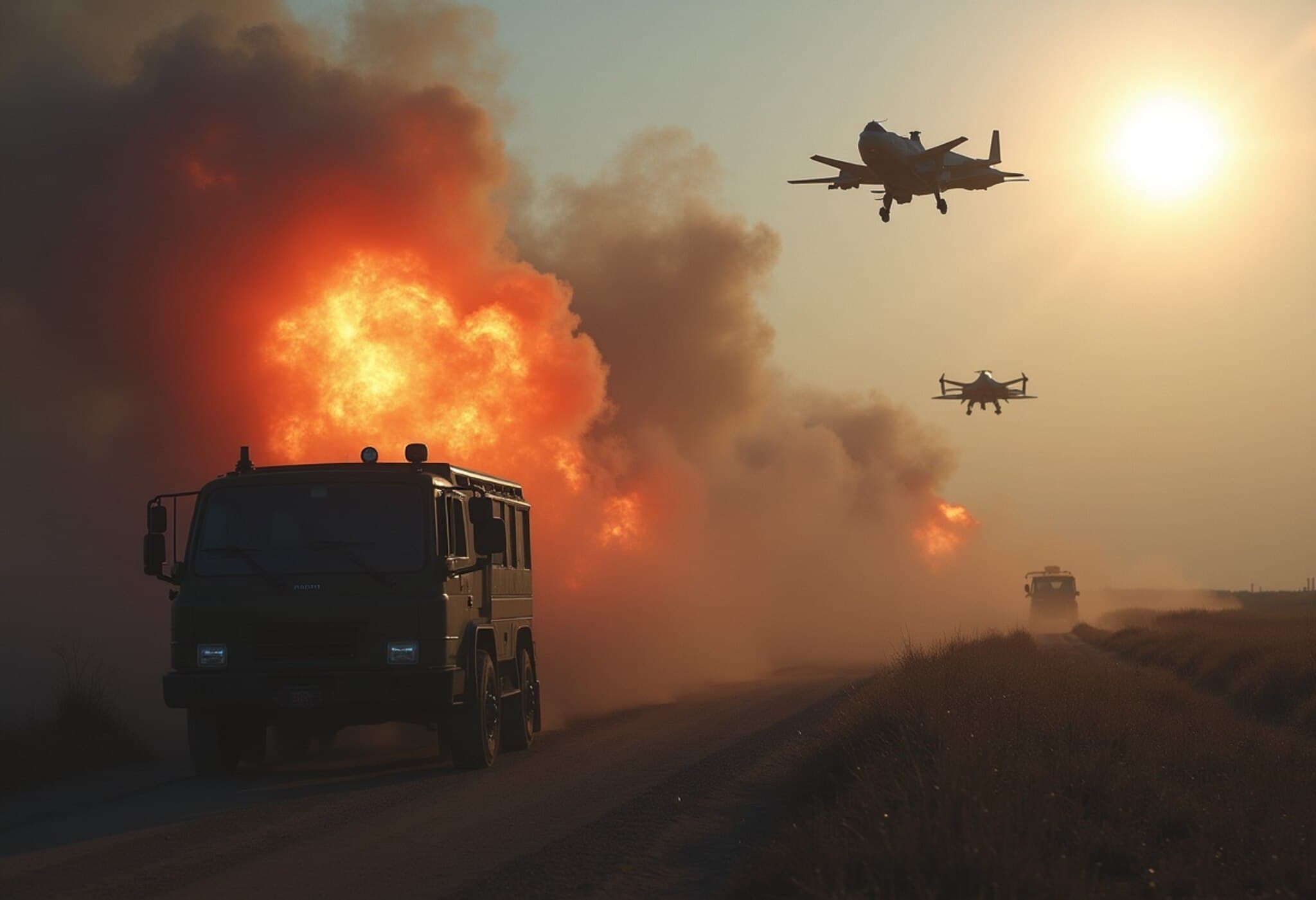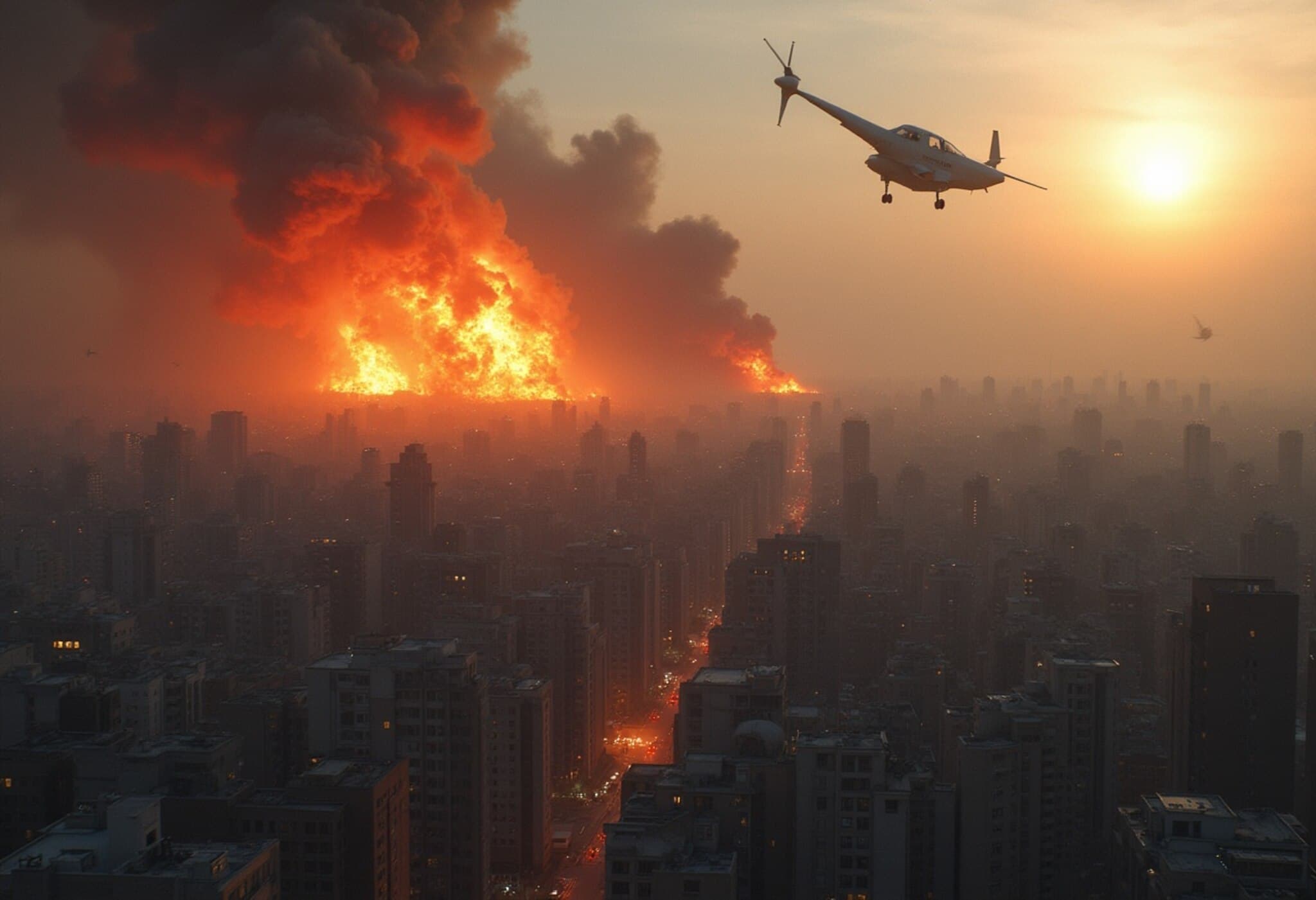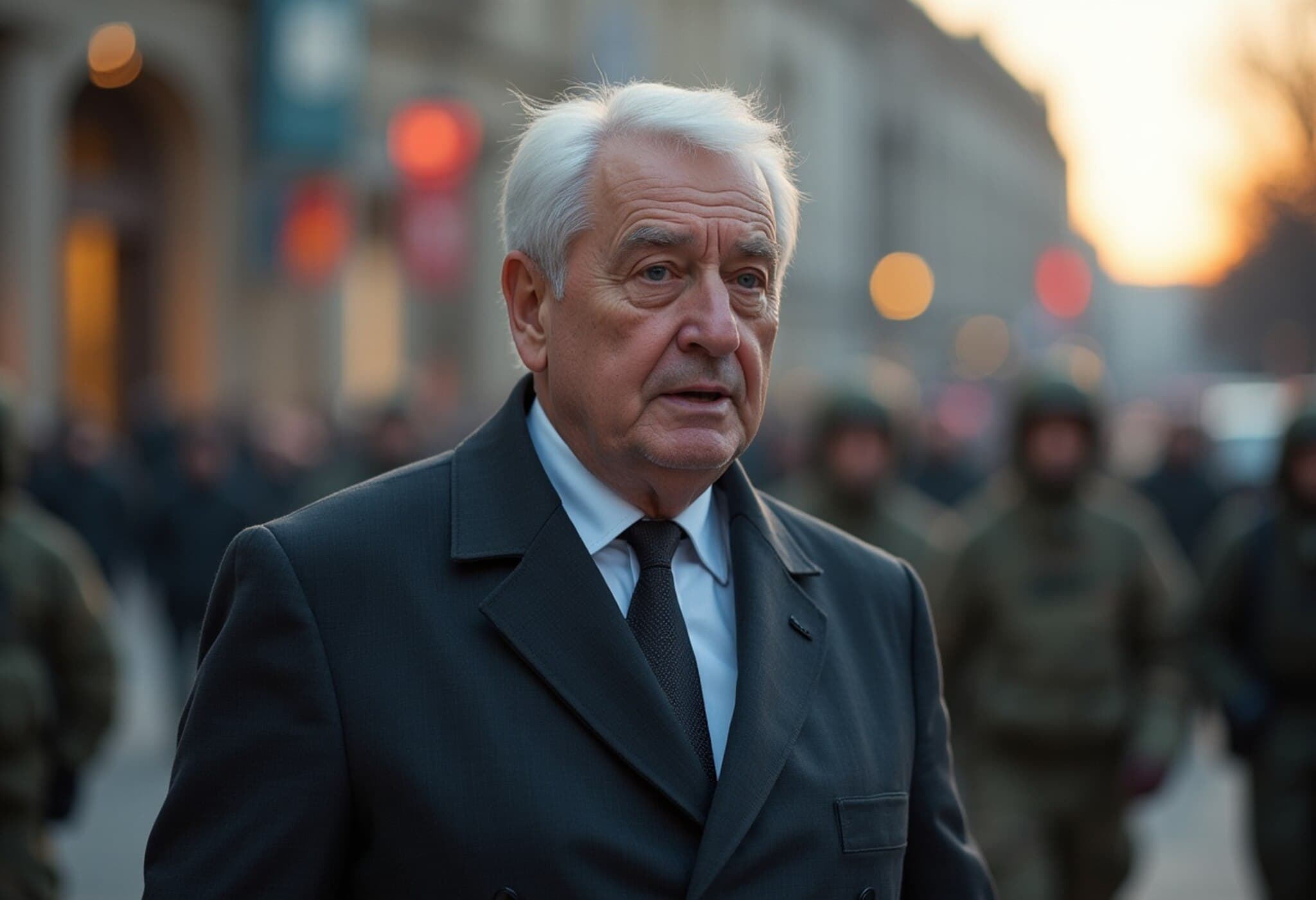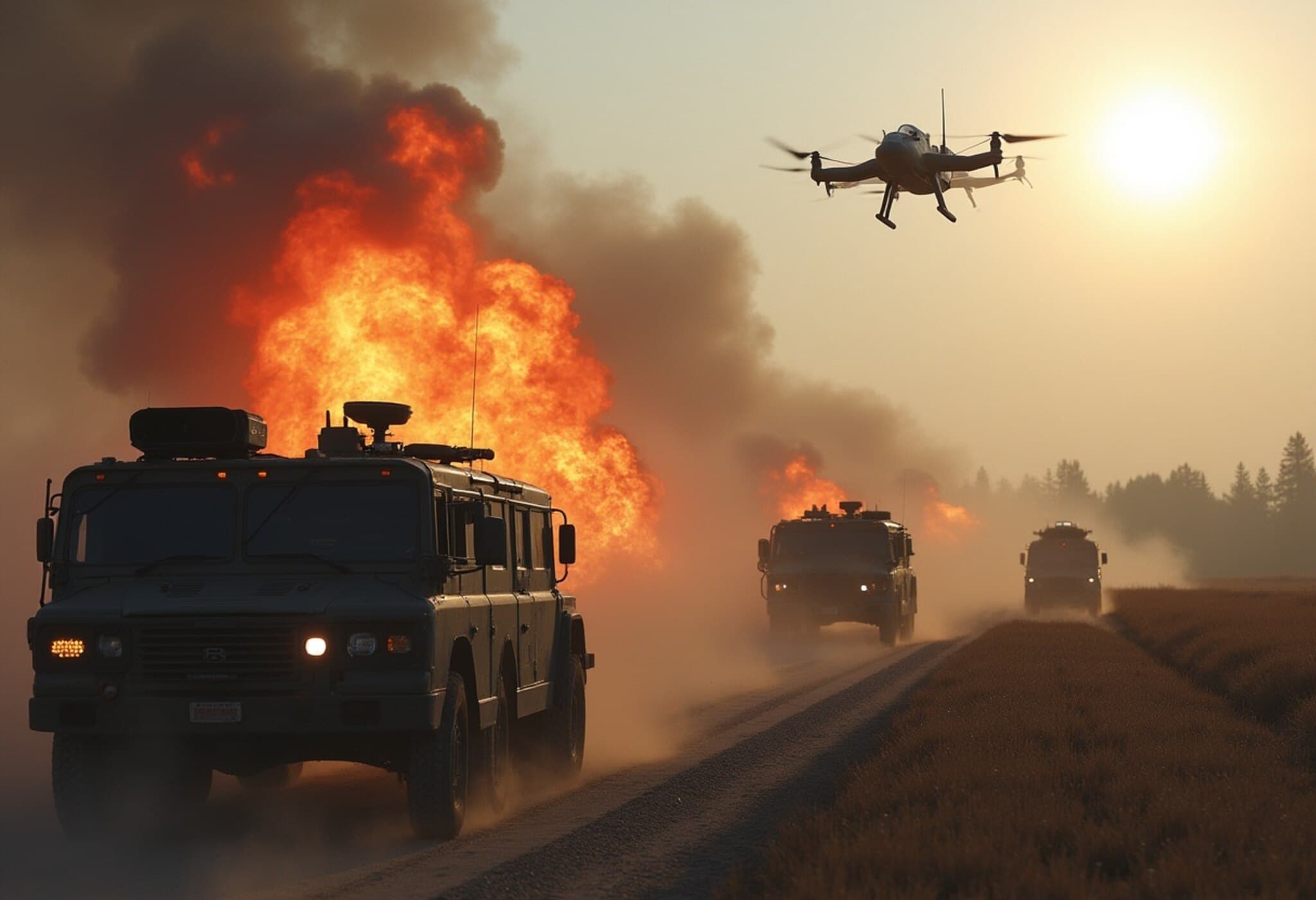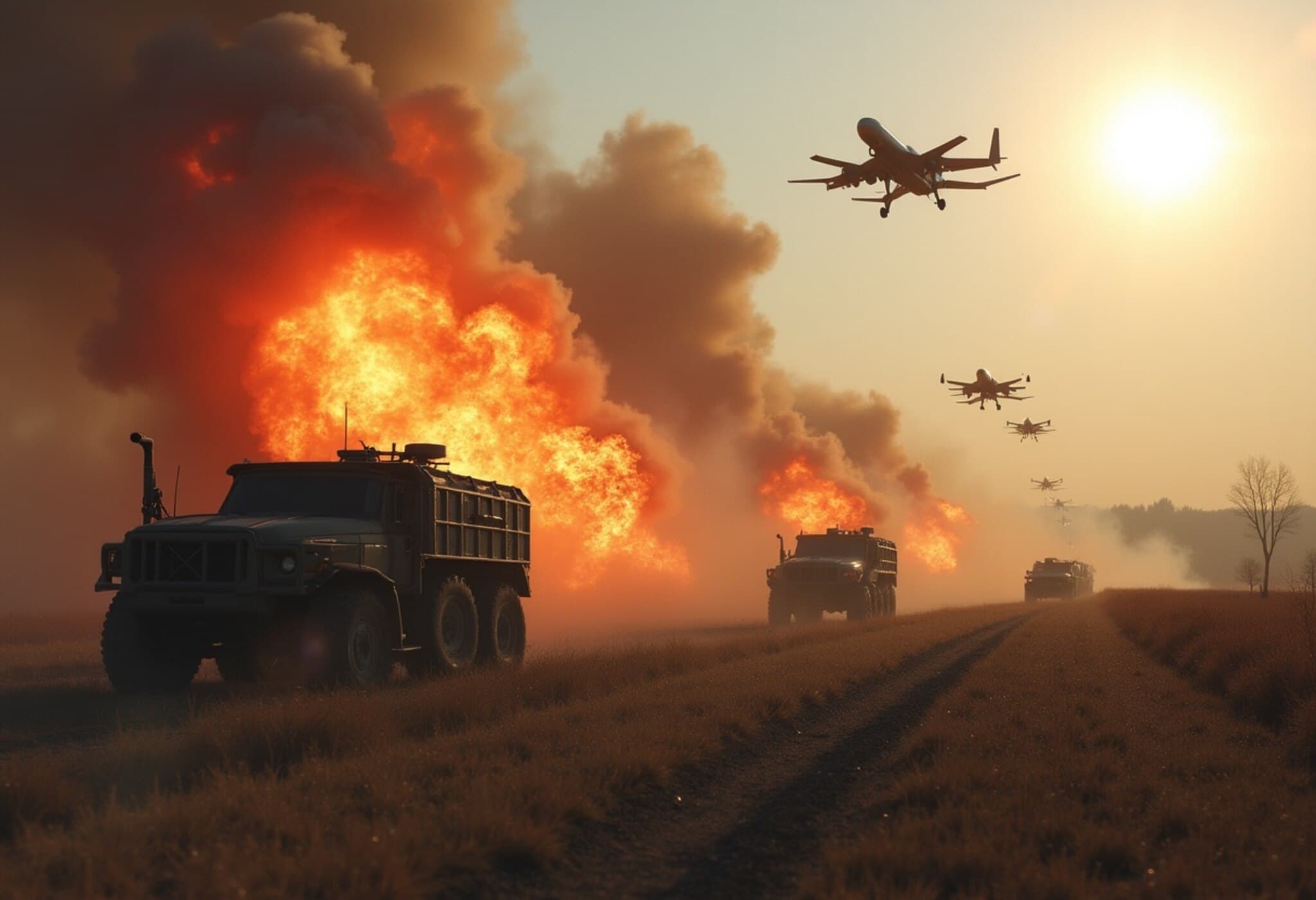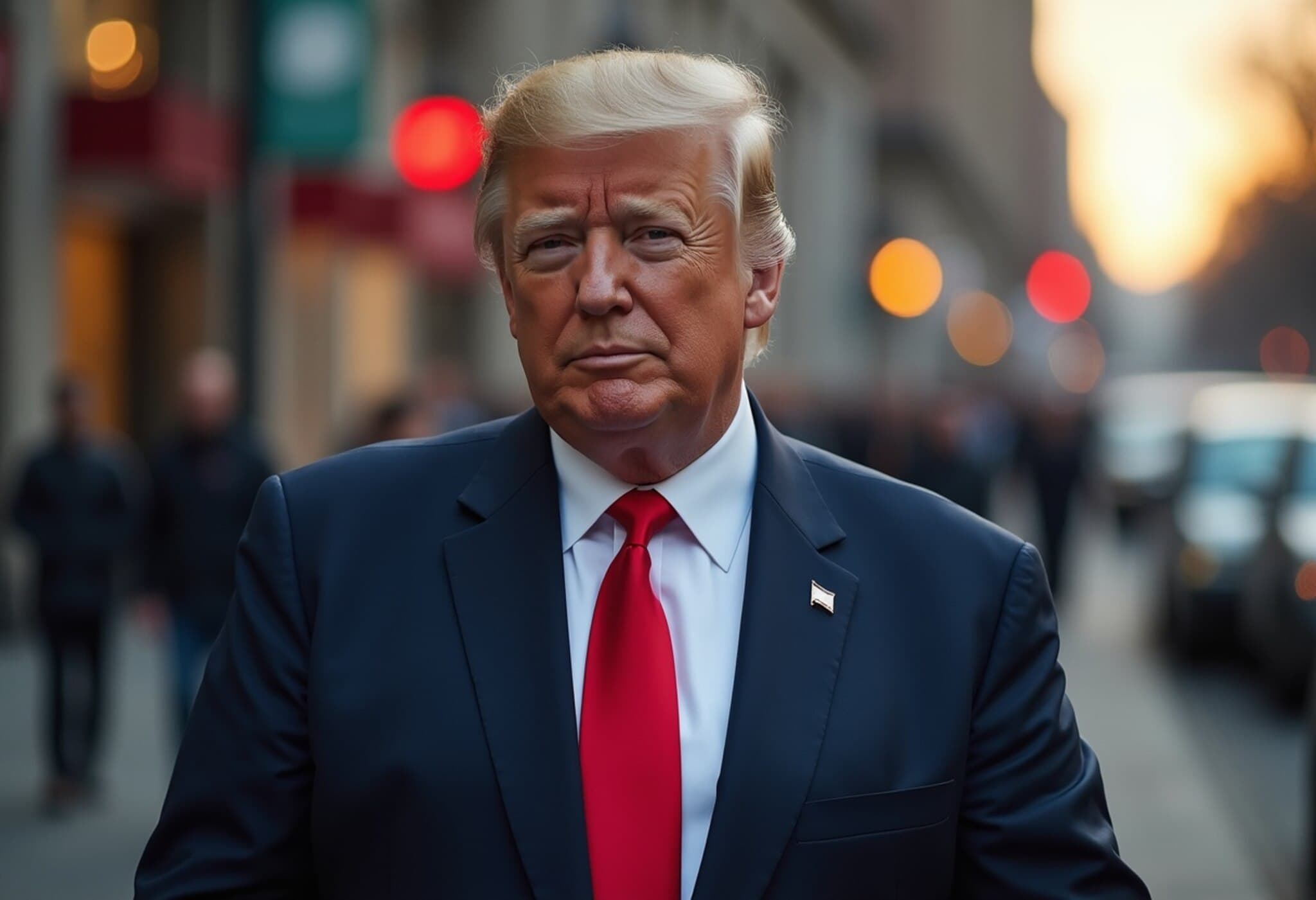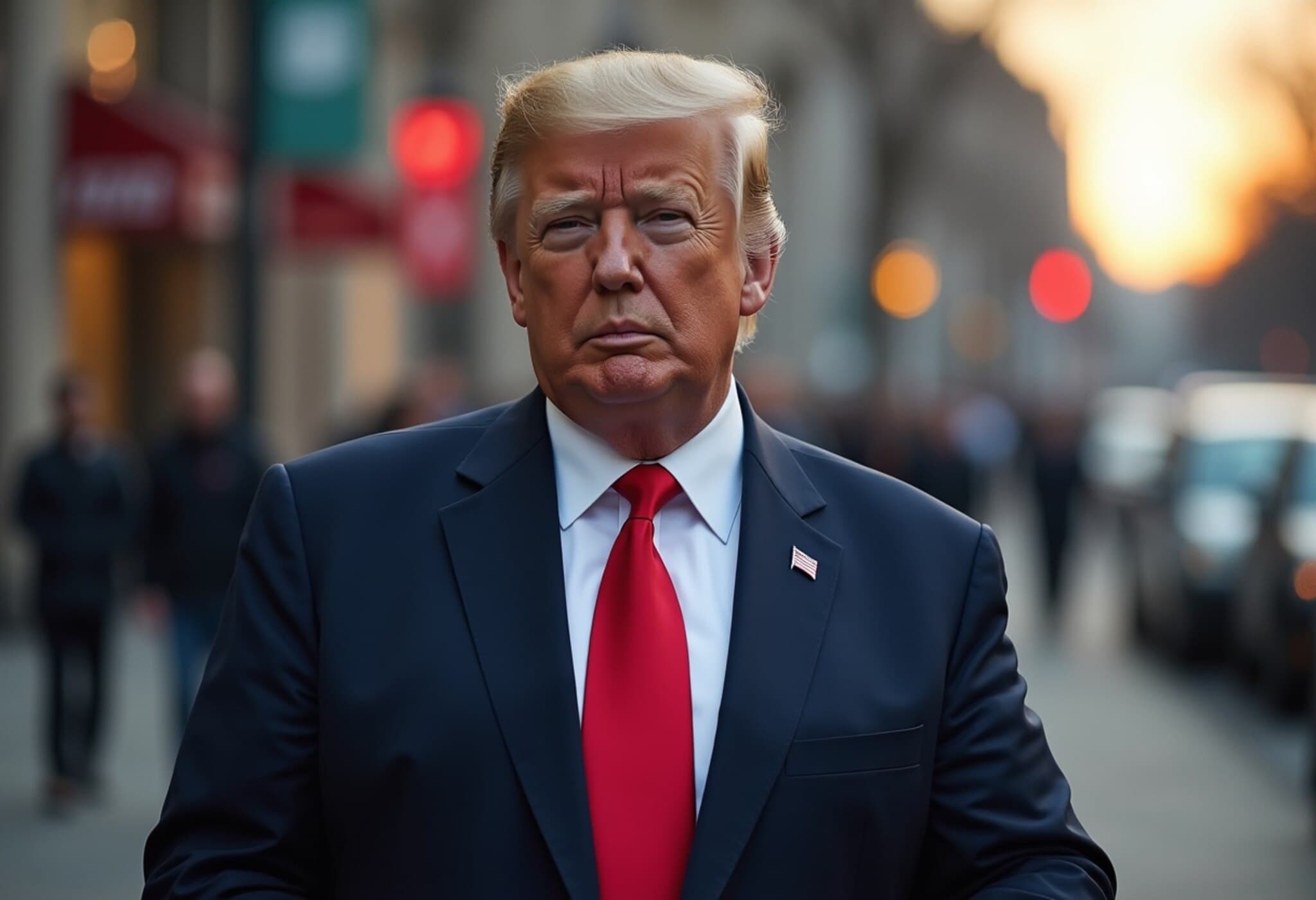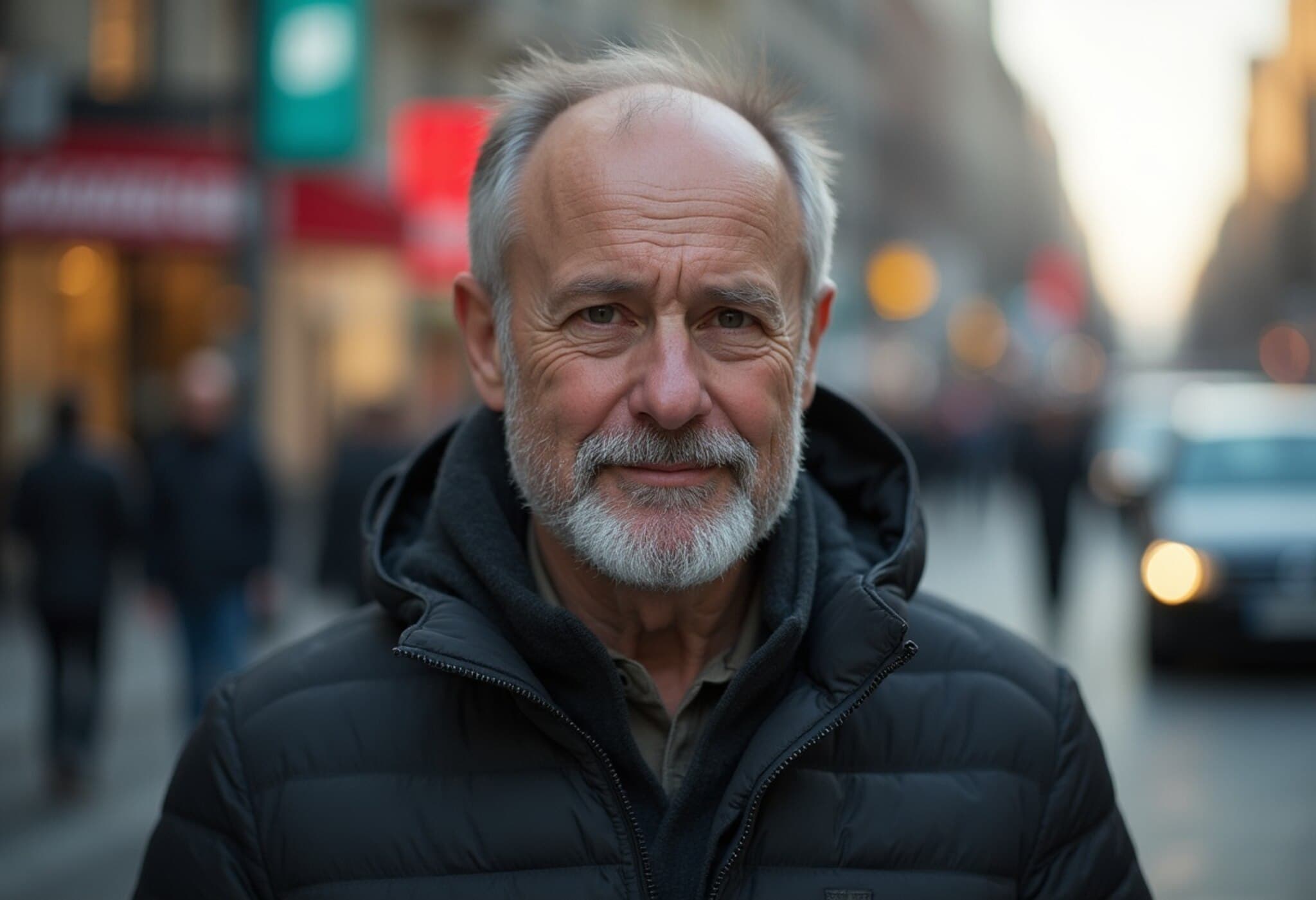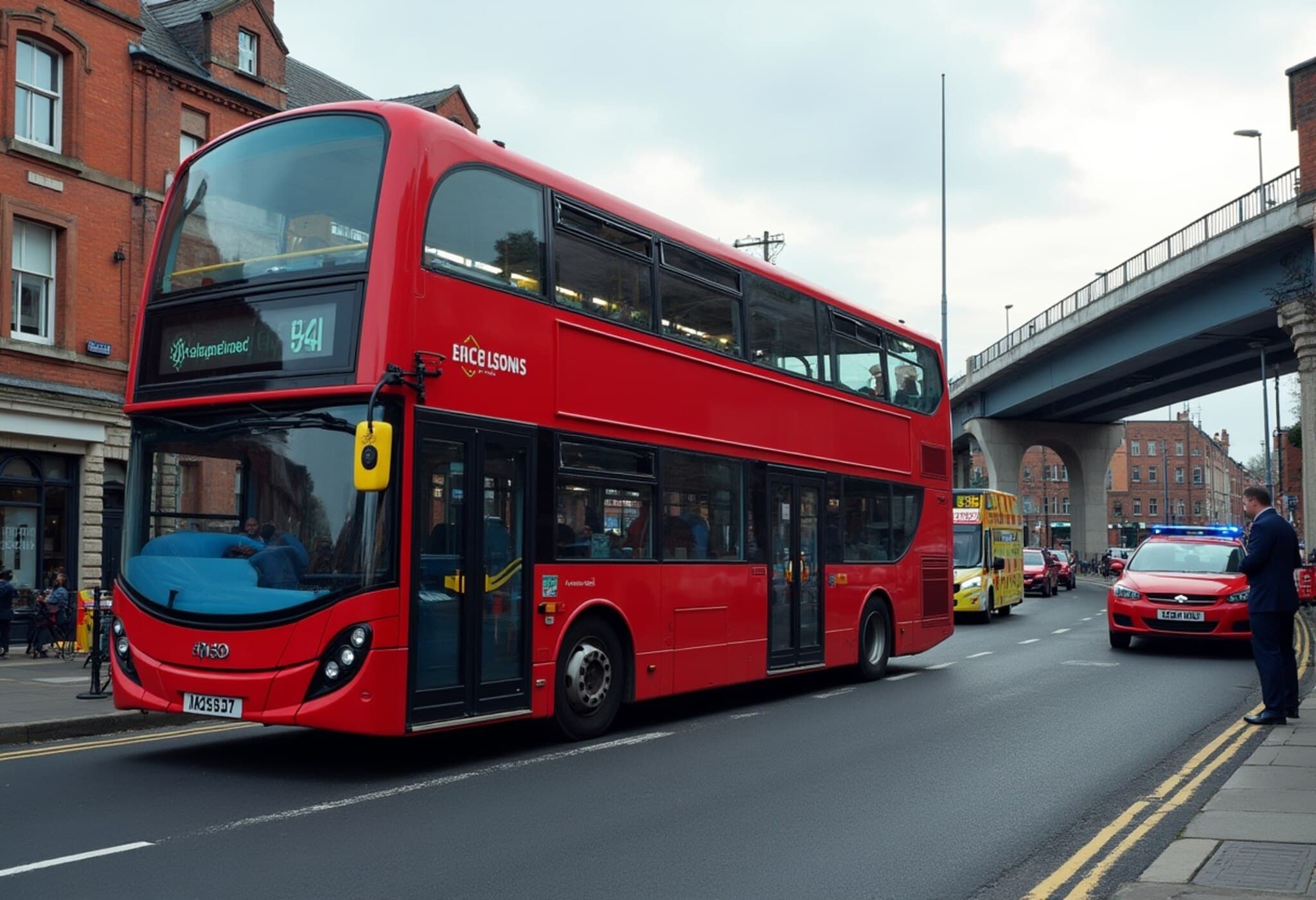American Family’s Journey from ‘Woke’ America to Russia’s Front Lines
In a story that reads like a geopolitical drama unfolding in real life, Derek Huffman, a 46-year-old Texan father, finds himself on the front lines of the conflict in Ukraine after relocating his family from the United States to Russia. What began as an ideological quest to escape what Huffman and his family viewed as an increasingly progressive and "woke" America has unexpectedly plunged them into the heart of a brutal war.
Fleeing Progressive America for ‘Traditional Values’ in Russia
Earlier this year, Derek Huffman, along with his wife DeAnna and their three daughters, moved to the small town of Istra, about 40 kilometers from Moscow. The family entered Russia through a controversial “shared values” visa program designed by the Kremlin to attract foreigners who reject Western liberalism, described by President Vladimir Putin as “destructive neoliberal ideology.”
Motivated by a belief that their home country no longer aligned with their values—particularly after their daughter Sophia encountered LGBTQ+ topics at school—the Huffmans sought refuge in what they perceived to be a society upholding traditional family values.
"The city was cleaner, safer, and more orderly than we ever imagined," Derek Huffman said. "Most importantly, we found a place that respected our values—where we finally felt at home."
An Unexpected and Harrowing Military Reality
Initially, Derek Huffman understood that any military involvement would be non-combatant—possibly serving as a welder or war correspondent. He was untrained militarily and only had a modest grasp of the Russian language. Yet, within months, he was deployed to a position close to the front lines of Russia’s devastating war in Ukraine.
DeAnna Huffman lamented that her husband had received limited training, conducted entirely in Russian, making comprehension difficult. “He feels like he’s being thrown to the wolves,” she shared on their family’s YouTube vlog, emphasizing the emotional and practical challenges of navigating active military engagement under such circumstances.
Their last message from Derek was an emotional video posted on Father’s Day, expressing love and concern for his family, affirming that despite the hardships, he was committed to staying safe and returning home.
The Complex Intersection of Ideology and Reality
The Huffmans’ story highlights a rare and sobering slice of how ideology intersects with global conflict. Their relocation was fueled by a rejection of perceived cultural shifts in America, only to confront a starkly different reality in Russia.
The so-called “American village” in Istra, where the family settled, was founded by an American expatriate as a sanctuary for those fleeing Western liberal norms. However, reports indicate only two American families have joined this enclave, underscoring the challenges such ideological migrations face.
Moreover, questions emerge about the use of visa programs like Russia’s “shared values” initiative: Are they genuine cultural partnerships or strategic moves to bolster military ranks amid conflict? The Huffmans’ experience suggests the latter might be a harsh reality for some migrants.
Underreported Perspectives and Broader Implications
- Legal and ethical concerns: The Huffmans raise questions about the recruitment of foreign nationals with no military background into active combat zones and the adequacy of their training.
- Cultural identity and assimilation: Their attempt to find a place that aligns with their values confronts the complexities of assimilation, patriotism, and belonging in a foreign, politically charged environment.
- Impact on family dynamics: DeAnna's vlogs reveal the strain on family life amid uncertainty and danger, highlighting the human cost beyond headline geopolitics.
- Geopolitical symbolism: The story encapsulates how culture wars in the West ripple outward, influencing migratory patterns and even military engagements far from American shores.
Looking Ahead
As the war in Ukraine drags on with no clear end in sight, stories like Derek Huffman’s foreground the unexpected ways global conflicts intertwine with domestic ideological grievances. They also spotlight how the search for cultural sanctuary can entail unforeseen sacrifices and dangers.
For policymakers and analysts, the Huffman family’s experience is a poignant reminder of the need for careful scrutiny of migration flows linked to ideological motivations, especially when compounded by international conflict.
Editor’s Note
This family's journey from Texas to the front lines of Ukraine underscores how deeply cultural and political shifts can affect individual lives—sometimes in ways that reach beyond national borders and into the theater of war. It invites reflection on the complex realities faced by ideological migrants and the potential risks of political narratives that simplify complex geopolitical situations. As readers, it's vital to consider the human stories behind global headlines and to question the broader implications of such cross-border movements driven by cultural discontent.

